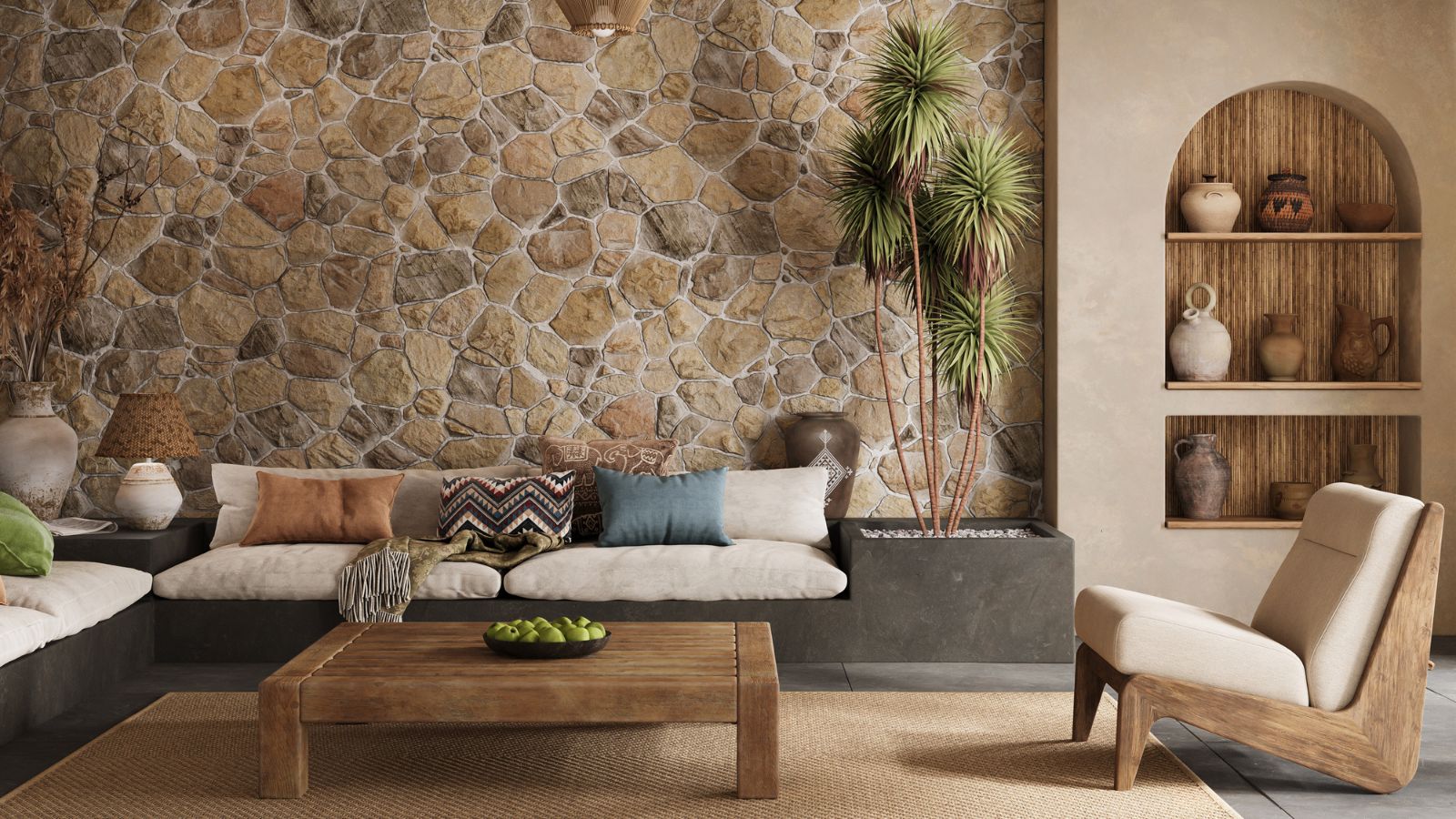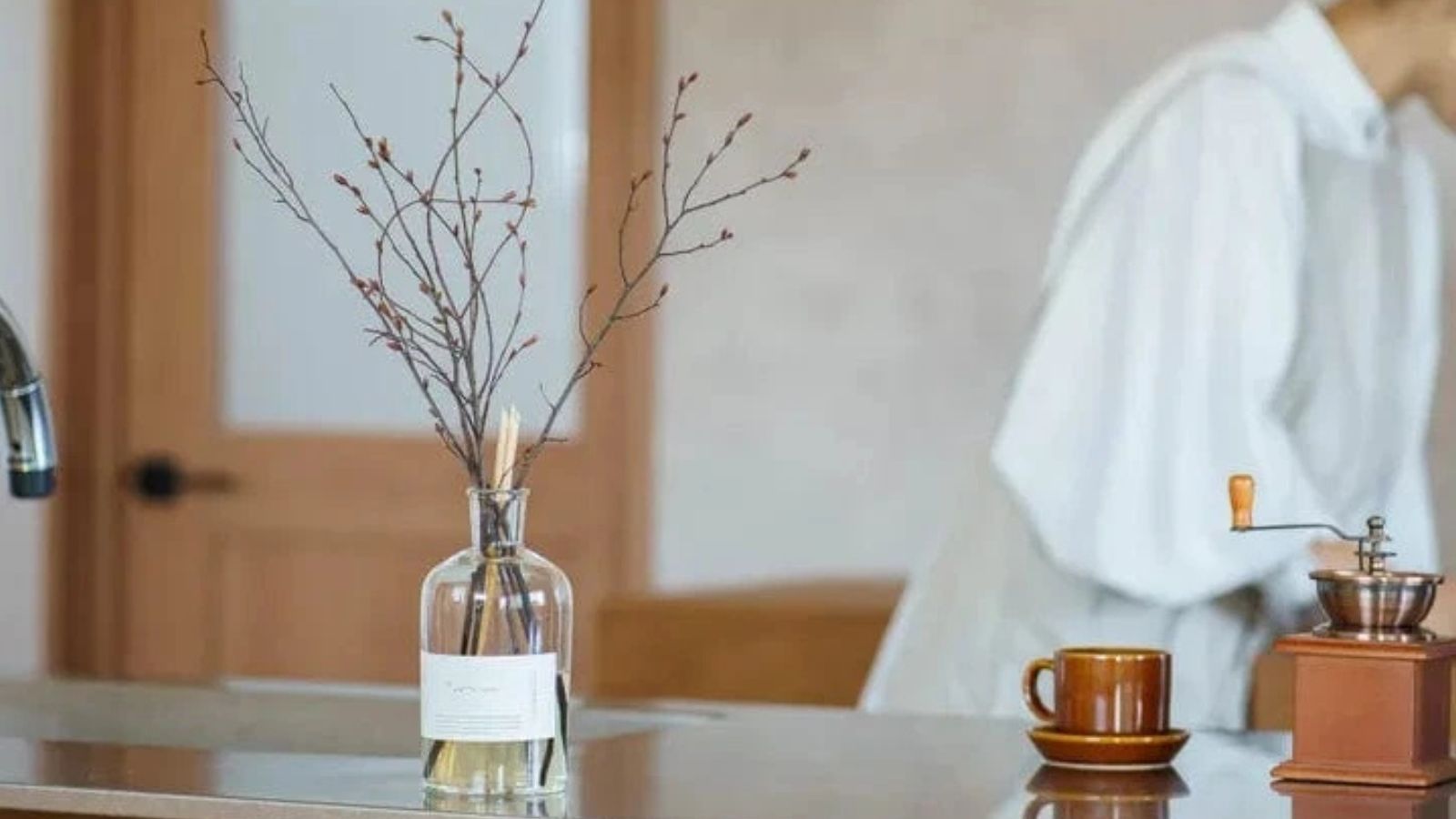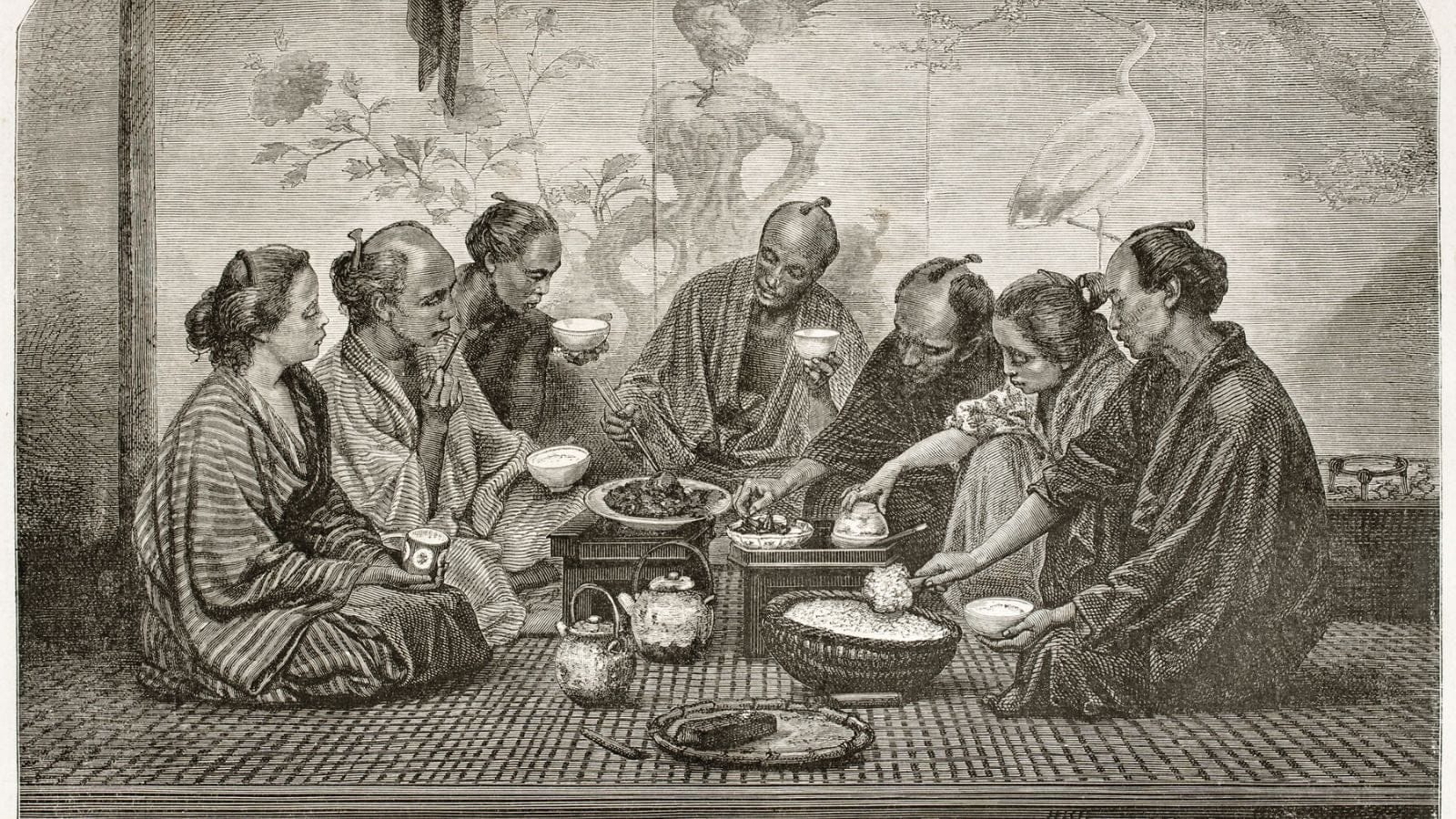Wabi-sabi, a profound yet elusive Japanese aesthetic philosophy, has shaped countless traditions and arts, celebrating beauty in imperfection, simplicity, and impermanence. At MyJapaneseWorld.com, every handcrafted piece embodies these timeless principles, making wabi-sabi not just a philosophy, but a tangible experience.
Defining Wabi and Sabi: Roots and Nuances
Rooted deeply in Zen Buddhism and Taoist teachings, the philosophy merges two distinct yet complementary concepts:
- Wabi: Initially linked to solitude and rustic simplicity, wabi highlights understated elegance, refinement, and spiritual fulfillment through minimalism.
- Sabi: Captures beauty found in age, wear, and patina, appreciating imperfections as natural outcomes of life's transient nature.
Together, these concepts form a nuanced philosophy celebrating impermanence (mujō) and serene acceptance of life's imperfections.
Historical Context and Evolution of Wabi-Sabi
Emerging prominently in Japan during the Muromachi period (1336–1573), wabi-sabi matured through the contemplative tea ceremonies refined by Sen no Rikyū. His minimalist tea rooms, emphasizing rustic simplicity and mindful appreciation, symbolized wabi-sabi's quiet revolution.
Zen Buddhism's profound influence underscored the beauty of impermanence, echoing Taoist ideals of natural harmony. Later, figures like Bernard Leach introduced wabi-sabi aesthetics to the West, significantly shaping modern artistic and philosophical discourse.

Wabi-Sabi in Japanese Arts: Practical Manifestations
Across traditional Japanese arts, wabi-sabi reveals itself profoundly:
- Ceramics and Pottery (Kintsugi): Repairs using gold lacquer transform broken ceramics into symbols of resilience and unique beauty.
- Tea Ceremony (Chanoyu): Emphasizes rustic, handcrafted simplicity, evoking mindfulness and humility.
- Flower Arrangement (Ikebana): Minimalist, asymmetric designs celebrate nature’s fleeting beauty, enhancing spiritual connection.
- Poetry (Haiku and Tanka): Compact poetry emphasizing mindfulness and reflective appreciation of nature.
- Garden Design (Zen Gardens): Minimalist landscapes, often featuring moss-covered stones and weathered elements, embody tranquil beauty and contemplation.
Core Philosophical Teachings of Wabi-Sabi
Beyond aesthetics, wabi-sabi offers profound life lessons:
- Acceptance (Uketamo): Embrace life's imperfections and unpredictability gracefully, promoting emotional resilience.
- Impermanence (Mujō): Recognize and appreciate life's fleeting nature, cultivating gratitude and presence.
- Humble Simplicity: Seek fulfillment not through material abundance, but through mindful appreciation of simplicity and modesty.
- Spiritual Abundance: Experience deep contentment by finding beauty and joy in everyday.

Wabi-Sabi in Contemporary Life and Western Influence
Wabi-sabi’s influence now extends well beyond Japan, significantly impacting Western aesthetics, mental wellness practices, and lifestyle design. Leonard Koren’s seminal work, "Wabi-Sabi for Artists, Designers, Poets & Philosophers," profoundly influenced Western appreciation, offering a liberating counterpoint to perfectionist, consumer-driven cultures.
Today, wabi-sabi inspires interior designers, architects, artists, and individuals globally, fostering sustainable, mindful living practices and encouraging people to embrace life's inherent imperfections.
Common Misconceptions About Wabi-Sabi
It’s essential to clarify common misunderstandings:
- Wabi-sabi is not mere minimalism or “shabby chic” decor; it embodies profound philosophical insights and deep cultural roots.
- While it values imperfection, it emphasizes authenticity and intentionality, not carelessness or neglect.
Practical Ways to Integrate Wabi-Sabi into Daily Life
Incorporating wabi-sabi into your routine can enrich your life:
- Choose artisan-made, thoughtfully crafted objects that age beautifully over mass-produced items.
- Create serene, uncluttered spaces in your home, inviting mindfulness and reflection.
- Practice gratitude daily, consciously appreciating life's fleeting moments and natural imperfections.
Experience Wabi-Sabi at MyJapaneseWorld.com
MyJapaneseWorld.com is dedicated to showcasing authentic, artisan-crafted items that reflect true wabi-sabi ideals. Our carefully curated collections ranging from ceramics and tea sets to ikebana vessels allow you to embrace and celebrate life's beautiful imperfections in your everyday surroundings.
Explore our exceptional artisan collections today, and discover the enriching beauty of wabi-sabi in your home and life.







Share: